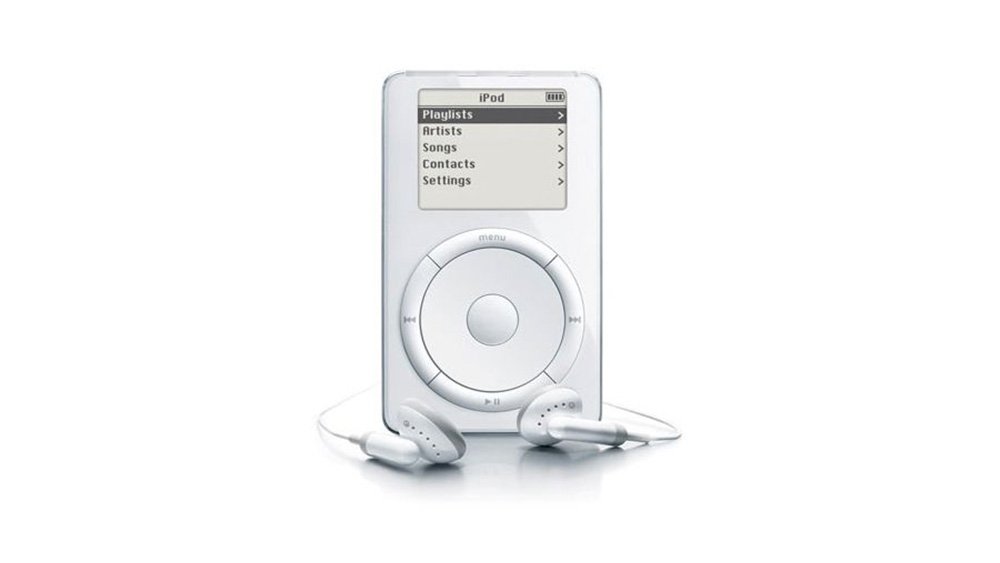Former Apple executive Tony Fadell shares details of iPod, iPhone development
In a new interview, Tony Fadell talks about Steve Jobs' controversial decisions when it came to developing the iPod and iPhone.
Tony Fadell, known as the "father of the iPod," sat down with Jon Fortt of CNBC to promote his new book "Build." The key member of the iPod and iPhone teams shared more details about the development process.
+@tfadell, Nest @madebygoogle Founder & #BUILD Author: A Fortt Knox Conversation https://t.co/46WhuMgVO4
— Jon Fortt (@jonfortt) May 4, 2022
With the iPod, Apple wanted to make music players accessible for everyone. However, Fadell remarked, Steve Jobs initially refused to make iTunes available for PC. Before then, iPod devices required iTunes for activation and syncing the music to the device to be played back.
It was not until Fadell brought in journalist Walt Mossberg to convince Jobs that making iTunes Windows-compatible was the way to make the music player enticing for the masses. The former CEO accepted the suggestion.
Fadell also noted that FireWire, a Mac-only connector, had much superior throughput than the more common USB. This made FireWire the only connector that fit Apple's design ethos of "fast syncing" for the iPod, which the team believed that the USB fell short on.
The interview also explored the issue of third-party apps on iPhone. While developers wanted to develop native apps for the original Apple smartphone in 2007, Apple initially only offered web-passed apps that ran in Safari for the iPhone. Fadell said that then-Google CEO, Eric Schmidt, was a big proponent of the idea.
However, as the iPhone sold below expectations, Steve Jobs saw native apps powered by the App Store as a vital way to lock users in the Apple ecosystem.
Recently, Fadell posted an image of several different iPod mockups to his Twitter. It showed that the Cupertino tech giant considered an all-screen iPad nano more than a decade before launching an iPhone with an edge-to-edge display — years before even the first iPhone was released.
Fadell is also known for expressing concern over smartphone addiction, stating that he believes the iPhone producer should develop a way to combat unhealthy device usage levels.
 Darryl Boxberger
Darryl Boxberger














 Amber Neely
Amber Neely
 Thomas Sibilly
Thomas Sibilly
 AppleInsider Staff
AppleInsider Staff
 William Gallagher
William Gallagher
 Malcolm Owen
Malcolm Owen
 Christine McKee
Christine McKee










7 Comments
Thanks for hilting this video.
This is really great! Really nice rollup of Apple's early product approach.
the iPhone sold below expectations at launch?
From my perspective as a first day purchaser, it took off like wild fire. Everyone wanted one and the only limitation everyone faced was whether it was worth changing your telco provider if you didn’t have ATT or running out a previous contract.
“ as the iPhone sold below expectations”. I don’t recall that being the case.